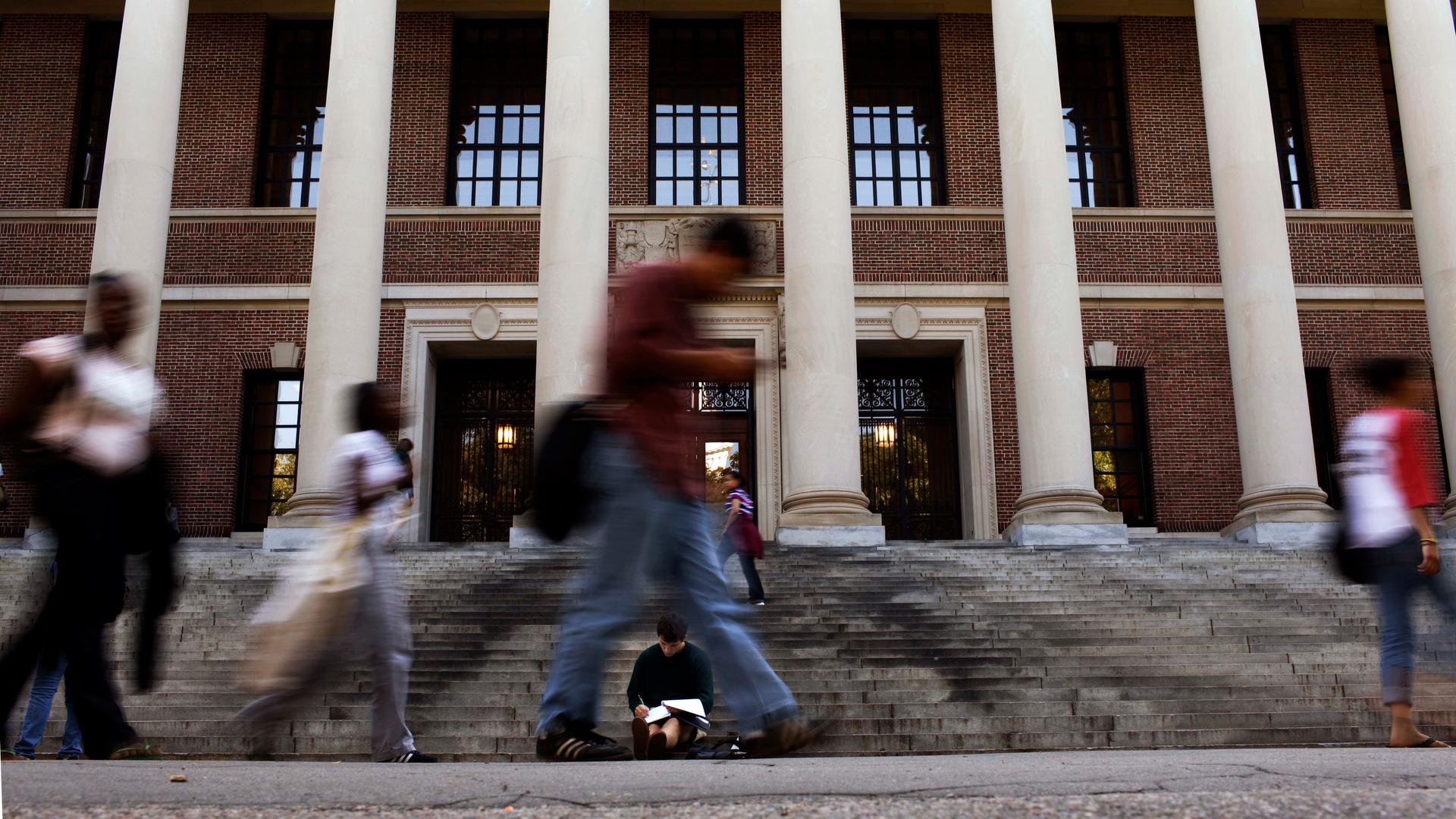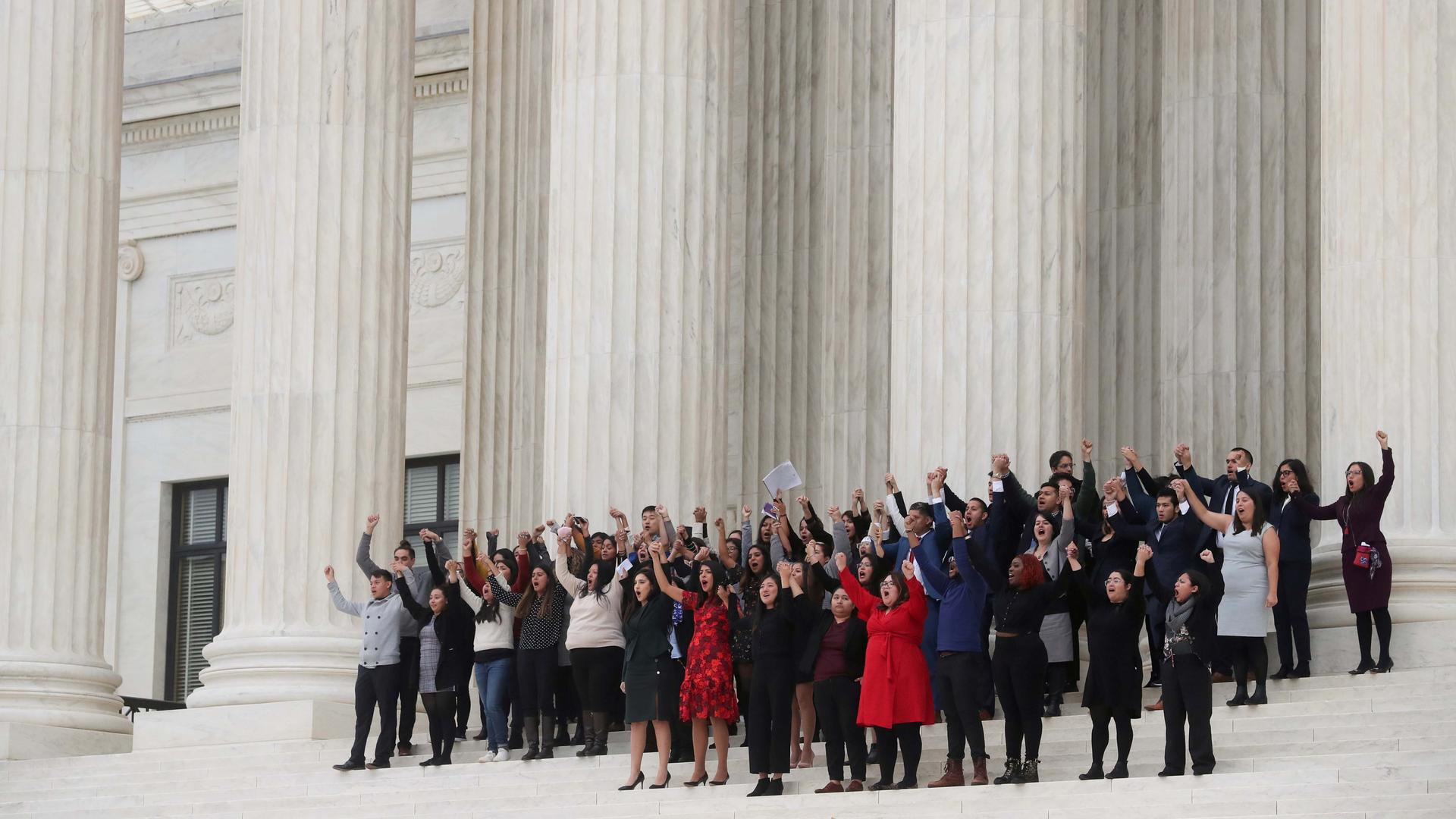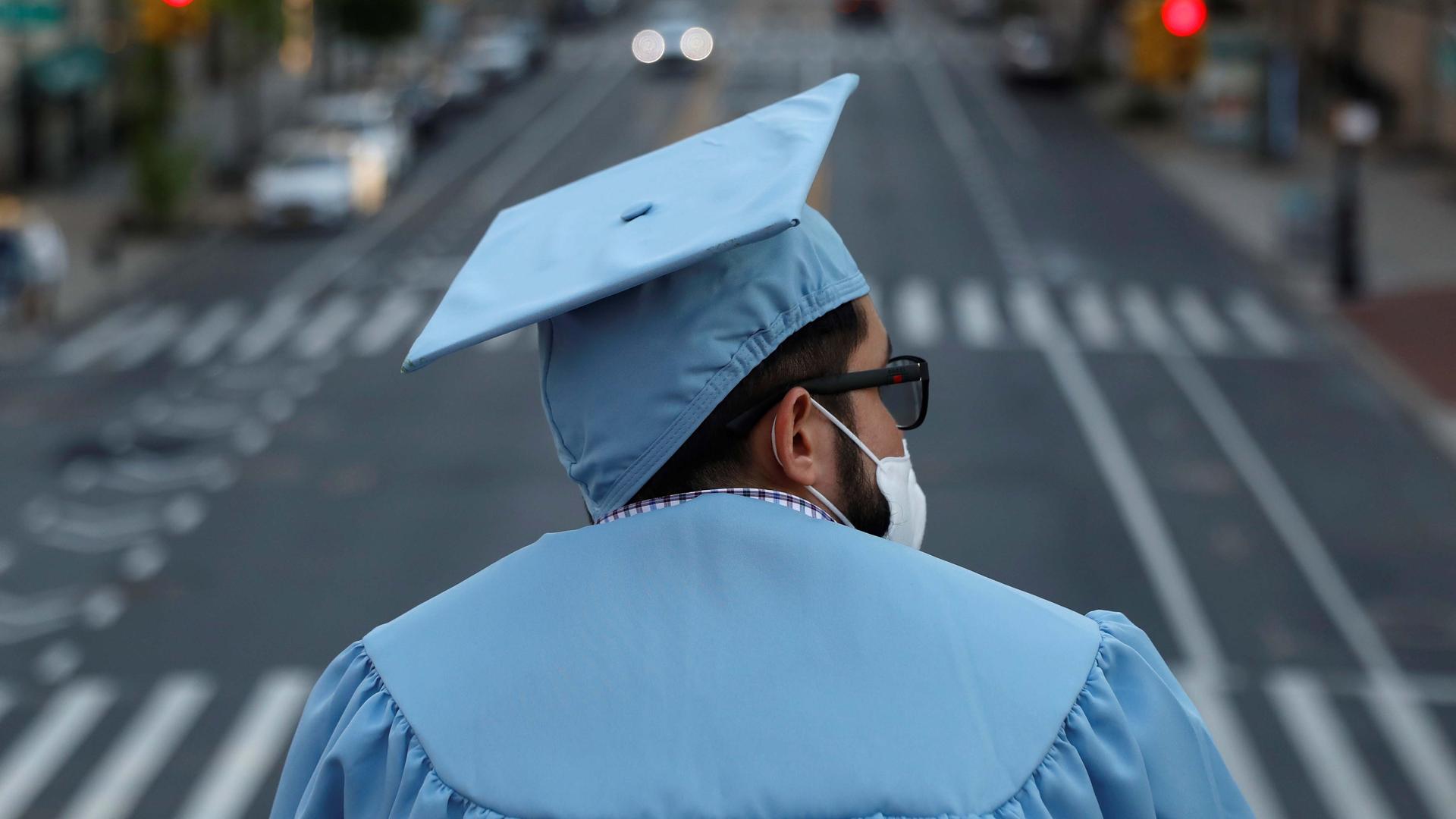Marnette Federis
Marnette Federis is a former education editor with The World.
Marnette Federis is a former education editor with Global Nation, the previous immigration desk of The World. Based in San Jose, Calif, she writes, edits and produces stories about immigrant communities with a focus on higher education.Marnette was born in a rural town in the Philippines and moved to Los Angeles at 10 years old. After joining her high school and college student newspapers, she discovered a passion for journalism and never looked back.She has reported for news publications in Washington, D.C., Northern and Southern California. She also has reporting experience in China and the Philippines.Marnette holds a master's degree from the UC Berkeley School of Journalism. She loves living in California — where she can go snowboarding in the Sierra Nevadas one weekend and then ride the waves in Santa Cruz the next.
Universities scramble to help international students stay in US after new visa restrictions
Trump administration rules issued this week have left many international students with lingering questions about whether they would be able to complete their degrees or return to their lives in the US. Universities are scrambling to find ways to keep their students in the country.
Visa rules are restricting the future of international students in the US
Under the Trump administration, international students are facing new administrative hurdles. There are signs those changes are driving international students away from higher education in the US — students who are a boon for many US college campuses because they usually pay higher tuition rates.


